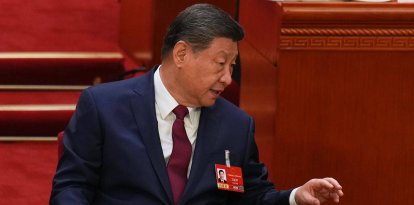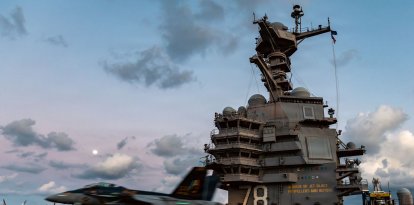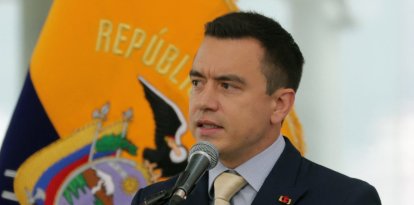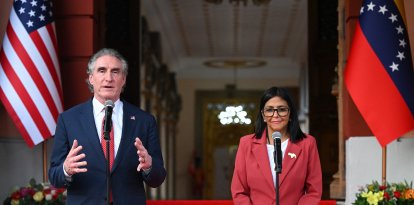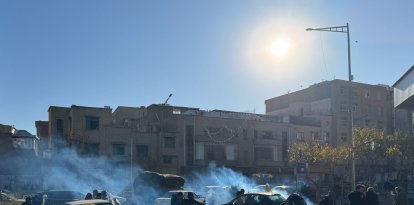Amid historic crisis in Cuba, report reveals regime's companies accumulate billions of dollars
This was revealed in a Miami Herald report, which targeted military-owned companies that are part of GAESA.

A Miami Herald report took aim at companies owned by GAESA.
Amid the acute drug and electricity crisis that Cuba is going through, a report by the Miami Herald revealed that, in contrast to the state of the population, "Cuban military companies have hidden billions of dollars." In fact, what one of the targeted companies has in the bank is almost 13 times the $339 million that the regime said it needs to supply Cuban pharmacies annually.
The aforementioned media obtained some financial records of Grupo de Administración Empresarial (GAESA), better known as the business group of the Revolutionary Armed Forces (FAR). The diversity of the businesses they run ranges from the hotel sector to customs and retail.
"GAESA keeps this financial information secret and even shields its accounts from government auditors, which makes what the documents reveal all the more significant," they explained from the Miami Herald.
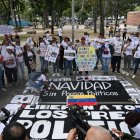
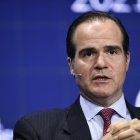
Opinion
"Peace through strength": Claver-Carone nomination holds out hopeful future for region
Orlando Avendaño
"The documents cast doubt on the government's claims that it has no money to alleviate the growing humanitarian crisis," they added.
When it comes to numbers, one of the companies singled out is Gaviota, which is in charge of managing hotels for tourism. According to financial records, it had $4.3 billion in its bank accounts in June, almost 13 times the $339 million the regime said it needs to supply Cuban pharmacies annually. Specifically, this company manages 115 hotels and other car rental and travel agency businesses.
Another company targeted was Almest, created in 1994 to "offer real estate and leasing services to entities of the Ministry of the Revolutionary Armed Forces."
"Financial statements reviewed by the Herald show that Almest has spent a significant amount of public money to build hotels and has returned little in taxes and contributions, despite claims by Cuban officials that investments in tourism ultimately benefit the population," commented the Herald.
Records show that it declared 4.7 billion Cuban pesos in "state/public sector investments" as part of its capital and received 668 million pesos from the state budget. Despite these levels of income, it declared only two million pesos in taxes and contributions to the state budget.
In addition, the company declared assets worth 56.5 billion, including 20 billion in permanent investments in "buildings and constructions" and 50 billion in liabilities.
"The figures are significant because in a recent report to the United Nations, Cuba's Foreign Ministry blamed the U.S. embargo for depriving the government of the $250 million it needs each year to maintain the electrical grid and the $129 million it needs to provide medical supplies annually to its hospitals. And yet documents obtained by the Herald show that the Cuban military has more than enough money on hand to cover both of these imperative needs," the Miami Herald said.















